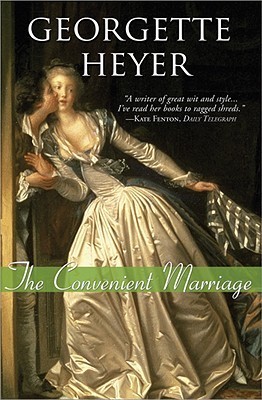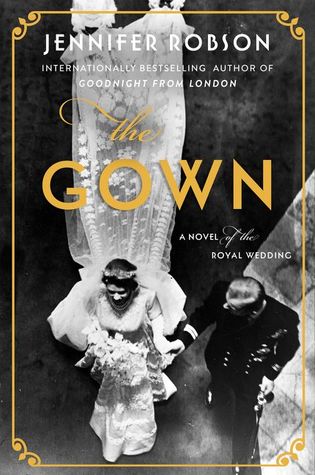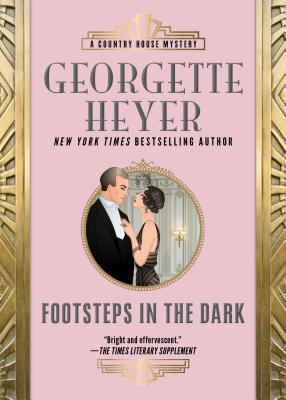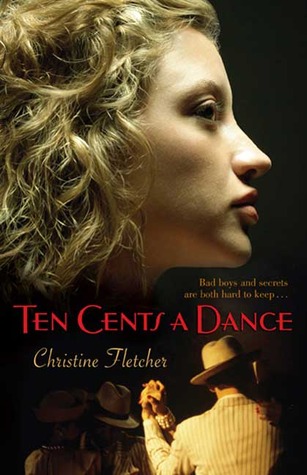The Girl in Red. Christina Henry. 2019. Penguin Random House. 304 pages. [Source: Review copy]
First sentence: The fellow across the fire gave Red the once-over, from the wild corkscrews of her hair peeking out from under her red hood to the small hand axe that rested on the ground beside her.
Premise/plot: The Girl in Red is a postapocalyptic retelling of the fairy tale Little Red Riding Hood. Our heroine, Red, may wear a red hood and be going to Grandma's house, BUT, she also bears a striking resemblance to the woodcutter/hunter. I would recommend this to those that enjoy sci-fi thrillers.
Life as she knew it has come to an end...and it all starts with a cough. Its a highly contagious, near-always fatal disease. Though some seem to be immune to it. The few that are left have seemed to lost their minds...gone savage or lawless.
When we first meet Red, she is on her own. Readers learn slowly about her family and how she came to be alone. As for Red, she has taken to the woods for her own safety. She hopes to make her way to Grandma's house--since apparently her Grandma lives in a secluded, off-grid place. But it won't be an easy journey. Every day will be a struggle.
My thoughts: I found The Girl in Red to be a mostly compelling read. The first half definitely packs in a LOT of suspense and mystery. Chapters alternate between present and past, before and after.
Red, our heroine, is a complex character: biracial, bisexual, college student, book-loving, movie-loving, an amputee. She's smart. She's skeptical. She's opinionated. When people first start getting sick and dying, she knows--because of her book-reading and movie-watching that sooner or later--the family will need to flee their home on foot. She starts preparing mentally, physically, emotionally for that inevitable time.
Her brother, Adam, thinks his sister is being ridiculous and overly dramatic. Why not trust the quarantine camps set up by the government? If they can't stay in their own house, why can't they drive to Grandma's house? If they have to go on foot and rough it, why can't they travel by road? I think Adam exists just to disagree with Red.
Her parents agree with her--to a point. They agree that they'd end up walking at some point. (The highways would end up congested, they'd run out of gas, the car may break down.) But they are not ready to drop everything and head off into the woods. They want to wait until the last possible minute. They want to go to town and buy supplies. They want to take their time and pack. Red disagrees. Better to go unprepared than to go prepared but EXPOSED TO A DEADLY DISEASE.
The Girl in Red is definitely heavy on the THRILLER. It's a gory read, purposefully so. This isn't an intellectually-driven plot with well-drawn characters and complex relationships. It's all about the fight-for-survival. It's all about the shock factor.
The Girl in Red was working for me for most of the novel. But at some point it began to fall apart for me.
S
P
O
I
L
E
R
S
YES
S
P
O
I
L
E
R
S
It wasn't enough that there was a highly-contagious thought-to-be-air-borne disease that was wiping out whole towns, cities, states, nations, etc. NOT ENOUGH DRAMA. It wasn't enough that this led to no electricity, no radio, no tv, no cell phones, no internet, no technology. NOT ENOUGH DRAMA. It wasn't enough that survivors turned lawless, starting looting and killing, and forming their own militias. NOT ENOUGH DRAMA. It wasn't enough that some militias were white supremacists, or, that others were out to kidnap women and children but slaughter all the men. NOT ENOUGH DRAMA.
What if, on top of that there was a government-experiment-gone awry? What if people were "birthing" parasitic flesh-eating monsters? Wouldn't it be all kinds of awesome if in the middle of this novel, Red stumbled across classified information that the government was trying to hide?!?! Surely this makes perfect sense. Some people legitimately had the COUGH and died from that disease while others had a cough, died, and then the parasitic monster would EAT ITS WAY OUT OF THE HOST AND ATTACK OTHERS. That isn't pushing it a little too far at all. In fact, the other novel would hardly be worth reading, right?
The other thing that bothered me was THE ENDING. I got to about twenty pages from the end and I knew there was absolutely no way in the world this was going to be wrapped up in any kind of way. Sure enough, near the very last page we find a convenient sentence...."25 days later...."
Are you serious?!?!?! You're just going to stop mid-action, give me a 25 DAYS LATER... and then cut to a scene where she's about to knock on Grandma's door?!?!?! And then not bother to linger long enough with Red to see if anyone at all answers the door?!?! So all that and STILL NO RESOLUTION. EITHER GRANDMA IS ALIVE OR DEAD. It doesn't matter to me which--not really. But is it really better for readers to forever be left guessing. Perhaps it is.
© 2019 Becky Laney of
Becky's Book Reviews



















